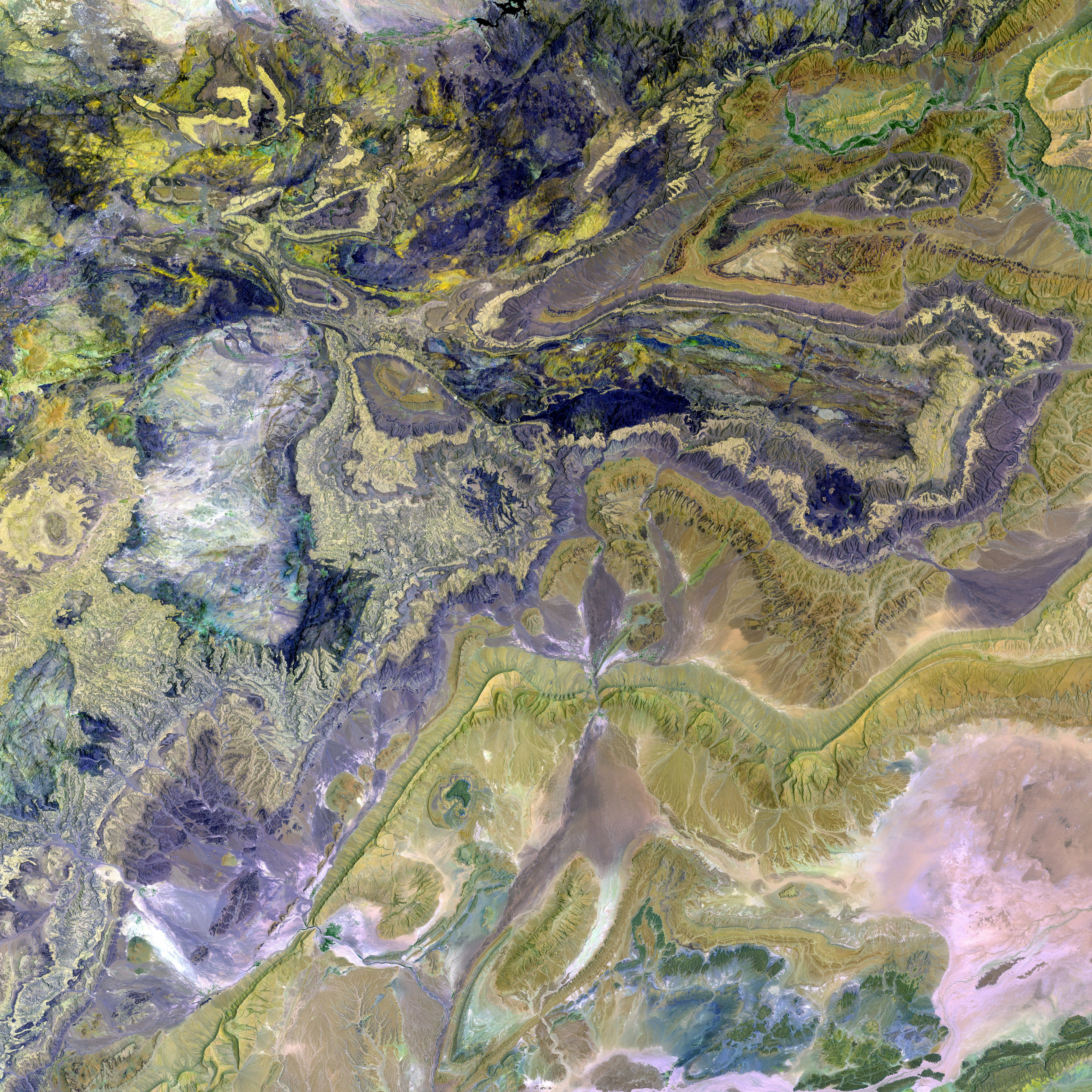Unregulated Peddling of Energy Items Targets Minors in Kazakhstan
Rethink That Can of Energy:
What's in that energy drink you're sipping? Caffeine, sugar, water, taurine, and vitamins - the ingredients that spark your day. But are they really worth the hype?
In Kazakhstan, energy drinks have become the go-to beverage for many, particularly among students and teenagers, often replacing coffee. However, the quick energy boost they provide comes with a price.
Society's concern for the long-term effects has been growing. President Kassym-Jomart Tokayev even raised the question of banning energy drinks for minors in 2022. Although there are no clear restrictions on energy drinks in Kazakhstan yet, a warning on the cans suggests they're not recommended for the under-18 crowd.
Let's take a look at what our neighbors are doing: Kyrgyzstan and Uzbekistan have a ban on selling energy drinks to minors, while Turkmenistan has an outright ban. Meanwhile, in Russia, no nationwide ban exists, but some regions have limits. Azerbaijan and Belarus also have restrictions, and in some countries like France, Denmark, and Norway, you'll have to head to a pharmacy to get that energy fix.
So, what's in those cans that has people debating?
Unveiling the Controversy
Health professionals paint a worrying picture of the potential risks associated with energy drink consumption: increased brain activity, insomnia, raised blood pressure and pulse, heart rhythm disturbances, and liver concerns[1].
Yet, it's all about moderation, argues Dr. Kenta Gintautas-Yuzas Albino, a deputy chairman at the Council of the National Association for Reducing the Harm of Risk Factors for Human Health. He suggests energy drinks aren't much worse than ordinary sweetened carbonated drinks, but they should be part of a balanced lifestyle.
Caffeine: Friend or Foe?
Caffeine, found not only in coffee but also in energy drinks, is used to boost energy and alertness[1]. However, excessive consumption can lead to sleeplessness, depletion of energy reserves, and strain on the cardiovascular and urinary systems. For children, the recommended daily intake is 50-100 mg, while for teenagers, it should be calculated based on weight - 2.5 mg per kg.
A Sugar Rush with a Price
Energy drinks are packed with sugar - almost ten teaspoons in a standard 330ml drink[1]. Excessive consumption can result in insomnia, with sugar acting as a stimulant that prevents sleep.
Taurine: Not a Marvel Superhero After All
Taurine is a derivative of amino acids found in energy drinks, claimed to increase stress resistance, participate in energy supply to tissues, and enhance endurance. However, Dr. Kenta Gintautas-Yuzas Albino states that there's no scientific evidence to confirm any special effects of taurine on the body.
Vitamins: Just a Marketing Tactic
On the cans of popular brands, vitamins B, C, and B are listed. However, Dr. Kenta Gintautas-Yuzas Albino explains that they don't have any health benefits. Instead, he views them as a marketing strategy, with therapeutic vitamins available only in pharmacies.
The Great Debate: To Ban or Not to Ban?
The popularity of energy drinks among teenagers and youth is largely driven by marketing strategies, convenience, and misperceptions about their benefits. However, given that energy drinks often contain high levels of caffeine and sugar, teenagers are at a high risk of consuming too much, leading to serious health issues like cardiovascular problems, anxiety, and sleep disturbances.
A ban on energy drinks for minors might not be the silver bullet solution but could bring about positive change, explains Dr. Kenta Gintautas-Yuzas Albino. Instead, comprehensive measures, including education for schoolchildren and students, involving parents, and possibly implementing taxes on energy drinks, could be more effective in addressing the issue.
References:
- Kumarhan Kumarov, chief specialist of the department of healthy lifestyle formation at the National Center for Public Health
- Laura Utemisova, national coordinator of country programs in health in the country office of the WHO
- Y. T. Veeranki, et al., “Energy Drink Consumption and Ventricular Arrhythmias: A Systematic Review,” Journal of Clinical and Experimental Cardiology (2021)
- A. Berk, “Effects of Energy Drinks on Sleep and General Health Complaints and Associations with the Use of Other Caffeinated Products and Sedentary Behaviors in a Large Sample of University Students,” Journal of American College Health (2019)
- R. Hansen, et al., “The Health Effects of Energy Drink Consumption in Adolescents,” Journal of Caffeine Research (2020)
- President Tokayev, in 2022, raised the question of banning energy drinks for minors in Kazakhstan due to society's growing concern over their long-term effects on health.
- Caffeine, found not only in coffee but also in energy drinks, can lead to sleeplessness and strain on the cardiovascular and urinary systems with excessive consumption.
- In a standard 330ml energy drink, there is almost ten teaspoons of sugar, with excessive consumption potentially leading to insomnia.
- Taurine, which is a derivative of amino acids found in energy drinks, has no scientifically confirmed special effects on the body, according to Dr. Kenta Gintautas-Yuzas Albino.
- The listed vitamins B, C, and B on the cans of popular energy drink brands do not have any health benefits, instead, they are considered a marketing strategy.
- A comprehensive approach to address the issue of energy drink consumption among minors, such as education, parental involvement, and possibly implementing taxes on energy drinks, could be more effective than a ban.
- The neighbors of Kazakhstan, including Kyrgyzstan and Uzbekistan, have a ban on selling energy drinks to minors, while Russia, Azerbaijan, and Belarus have restrictions, and some countries like France, Denmark, and Norway require a pharmacy purchase for energy drinks.








